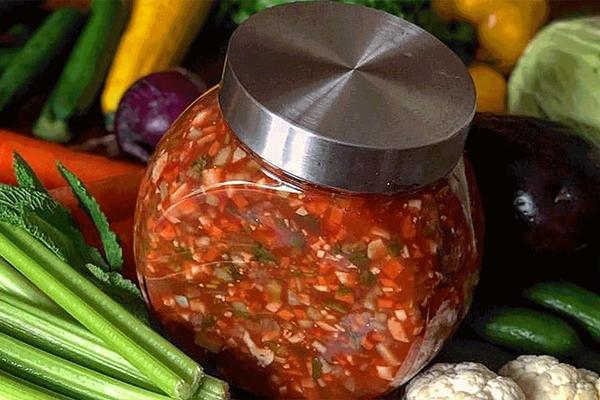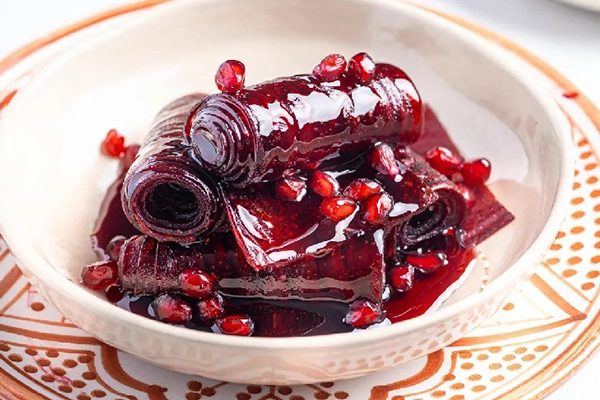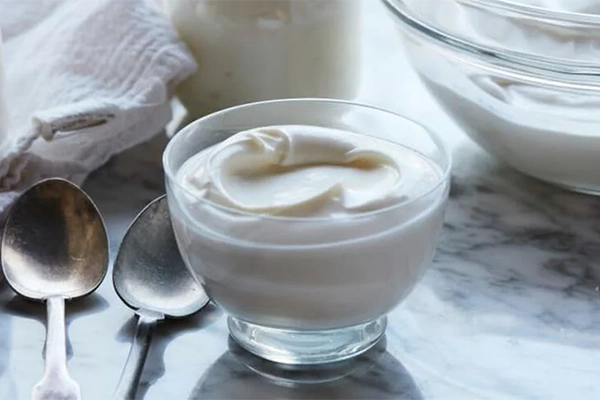Pickles have been enjoyed across cultures for centuries—not just for their sharp, tangy flavor but also for their digestive benefits. So, are pickles good for digestion?
The short answer: yes—especially fermented pickles. In this guide, we’ll explore how pickles support gut health, which types offer the most benefits, and how to enjoy them as part of a gut-friendly routine.
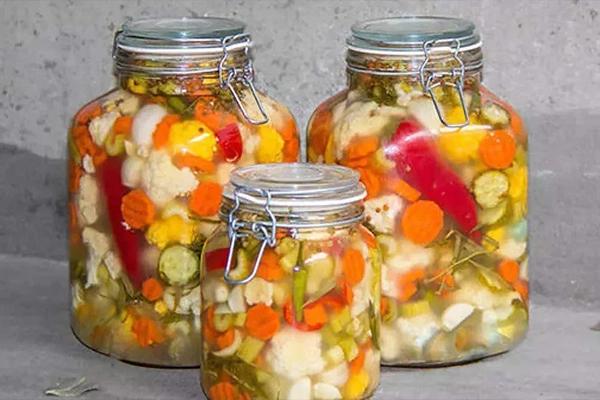
What Exactly Are Pickles?
Pickles are vegetables (most commonly cucumbers) that are preserved either in vinegar brine or through natural fermentation. There are two main types:
Vinegar pickles – Made with vinegar, salt, and sometimes sugar. These are shelf-stable and widely available.
Fermented pickles – Created by soaking veggies in a saltwater solution and allowing them to ferment naturally with help from beneficial bacteria.
While both are tasty, it’s the fermented pickles that truly shine when it comes to digestive health—thanks to their probiotic content.
—
Are Pickles Good for Digestion?
Let’s break it down. If you’re eating fermented varieties, here are six science-backed reasons why pickles can help your digestion:
—
1. Fermented Pickles Contain Probiotics
One of the top reasons fermented pickles are good for digestion is their live probiotic content—the beneficial bacteria created during the fermentation process.
These probiotics help:
Balance your gut microbiome
Improve food breakdown and nutrient absorption
Support overall gut function
📌 Related keyword: probiotics for digestion
Especially helpful after antibiotics or digestive upset, probiotics are key players in maintaining a healthy gut.
—
2. They Provide Natural Digestive Enzymes
During fermentation, natural enzymes are produced that assist with the breakdown of food. These enzymes can help your body digest meals more efficiently and may reduce heaviness after eating.
🥢 That’s why pickled vegetables often accompany heavier dishes in traditional cuisines.
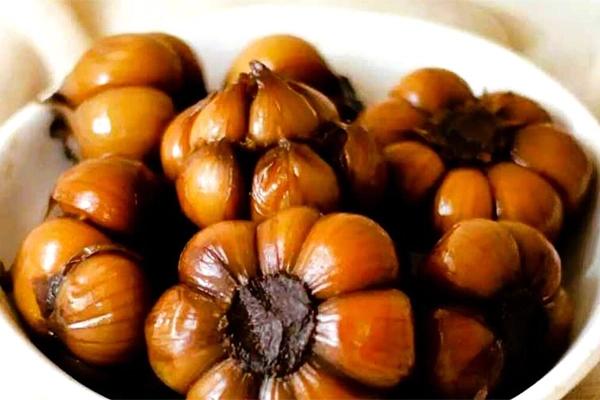
3. May Ease Bloating and Constipation
Thanks to a combo of probiotics + fiber, fermented pickles can help ease common digestive issues like:
Bloating
Gas
Irregular bowel movements
📌 Related keyword: natural remedies for bloating
Try a few bites with lunch or dinner—you might notice less bloating afterward.
—
4. Promote Healthy Gut Flora
Fermented pickles help repopulate your gut with good bacteria, which is essential for:
Reducing inflammation
Supporting your immune system
Enhancing digestion long-term
🍽️ They’re right up there with kimchi, kefir, and sauerkraut when it comes to gut-friendly fermented foods.
—
5. May Help Regulate Blood Sugar
Studies suggest that fermented foods and vinegar can help slow carbohydrate digestion, reducing blood sugar spikes after meals. This not only supports digestion but helps stabilize energy levels too.
⚖️ Steady blood sugar = fewer crashes, cravings, and digestive discomfort.
—
6. Boost Satiety and Flavor Without Extra Calories
The bold flavor and satisfying crunch of pickles can stimulate digestive juices and enhance satiety—helping you feel fuller, faster.
🥒 Want to add depth and crunch to a meal without extra calories? Pickles are the answer.
—
But Not All Pickles Are Created Equal
If you’re wondering “are all pickles good for digestion?” — the answer is no. Here’s a quick comparison:
Type Digestive Benefits Notes
Fermented pickles High in probiotics Look for “live cultures” or “unpasteurized”; refrigerated
Vinegar pickles Little to none Great taste, but no probiotic benefits
Homemade fermented Highest benefit You control the ingredients and fermentation time
🔍 Check the label — terms like “naturally fermented,” “raw,” or “contains live cultures” are good signs.
—
How to Add Fermented Pickles to Your Diet
Adding fermented pickles to your meals is easy and delicious. Here are a few simple ideas:
As a side with rice, grilled meats, or curries
Chopped into grain bowls, wraps, or salads
Layered into sandwiches and burgers
Stirred into yogurt or tahini dips
Enjoyed solo as a crunchy, gut-friendly snack
📝 Pro tip: If you’re new to fermented foods, start small—just 1–2 tablespoons a day can be enough.
—
Are There Any Side Effects or Precautions?
While fermented pickles are generally safe, keep these in mind:
High sodium content – Some pickles are salt-heavy. Look for low-sodium options if you have hypertension.
Digestive sensitivity – If you’re not used to probiotics, ease in slowly to avoid gas or discomfort.
Medication interactions – If you’re on blood pressure meds or blood thinners, speak with your doctor before regularly adding fermented foods.
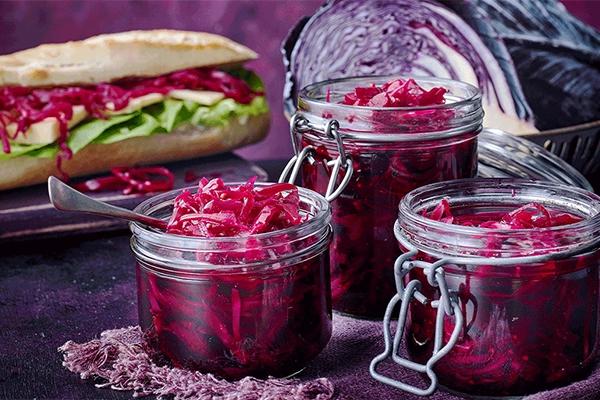
Final Verdict: Should You Eat Pickles for Gut Health?
So, are pickles good for digestion? If you’re choosing naturally fermented, unpasteurized versions — absolutely.
They’re a flavorful, affordable, and natural way to support your gut microbiome, reduce bloating, and improve nutrient absorption. Just remember:
Pick fermented, not vinegar-based, for probiotic benefits
Start small and build up
Pair them with a diverse, fiber-rich diet for best results
🥒 From your fridge to your fork, fermented pickles might be the tastiest gut-friendly habit you add this year.
